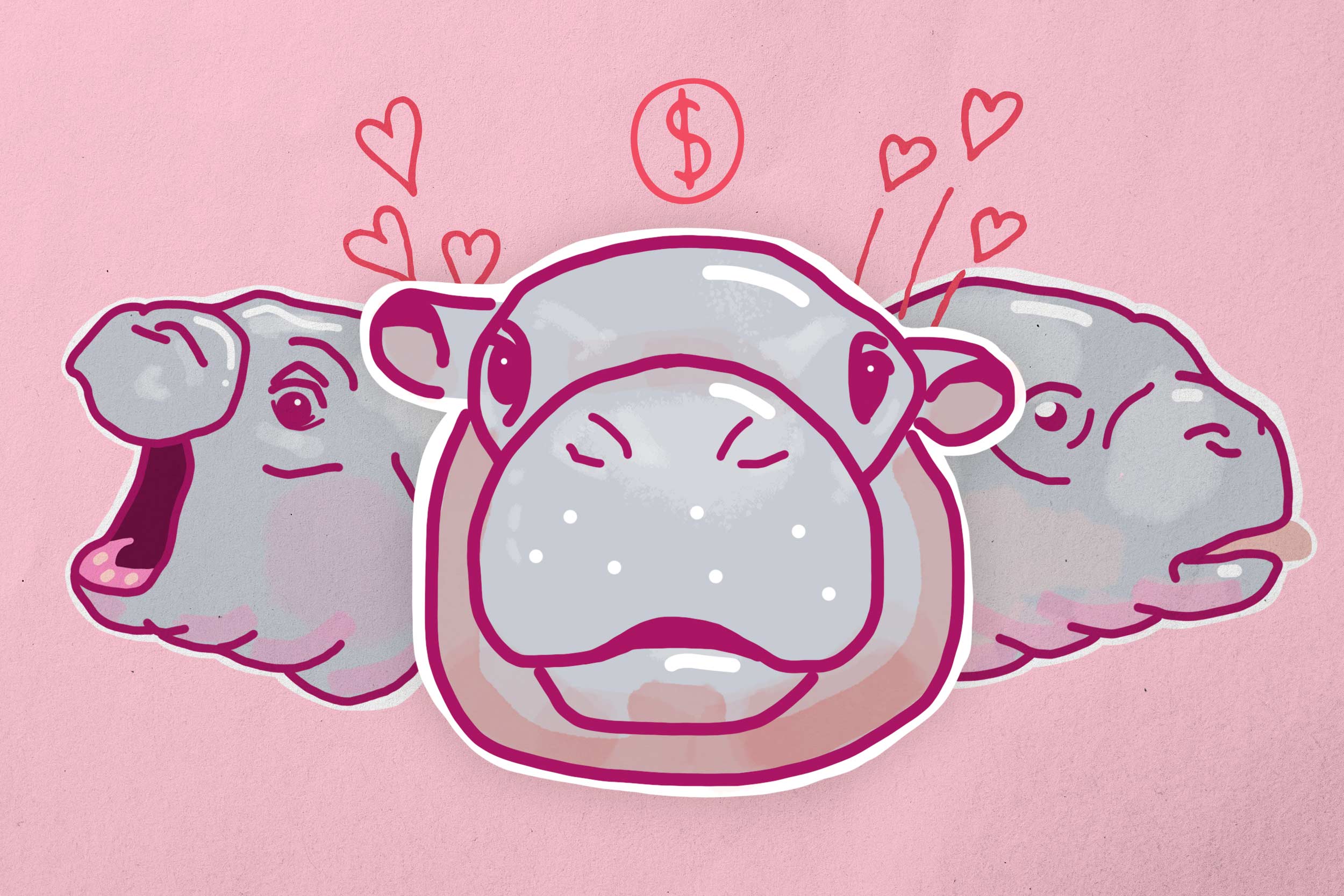Q. Why use a hippo to try to sell blush?
A. There are two reasons. One reason is that any content that piggybacks off of a viral piece of content typically gets increased exposure organically on a social media platform. The second reason is you’re tapping into something that’s already popular, and if it fits with the brand identity, people have more positive impressions of the brand if it connects authentically to something that’s already popular.
Q. When did brands start picking up organic social media trends for their own marketing?
A. I can’t speak to when all of it started, but it definitely feels like it’s happened recently. My own personal opinion is that as these platforms have increasingly become pay-to-play, meaning brands have to advertise to get increased exposure on the platforms, being able to piggyback all of these viral trends and get increased organic exposure has a lot of benefit for the brands. They don’t have to pay for that content to be seen by a larger audience. As the social media platforms’ algorithms continue to evolve, we’re starting to see some brands try to play more in the organic space in an authentic way that can get them increased exposure.
Q. Are there pre-social media parallels to this strategy?
A. Brands have always tried to tap into popular trends. It’s just that we go through those trends a lot more quickly online, so there are more opportunities for brands to piggyback off of some of these viral moments than there used to be when news and information spread a little more slowly.
Q. Is this an effective form of marketing?
A. Effective is a tough question, because different types of marketing are meant to do slightly different things. I would say that piggybacking off of viral trends is really effective at increasing exposure. The hope is that as more people see the content, more people are going to like the brand and more people are going to buy, but it doesn’t necessarily lead to increased purchase behavior.
Q. Does this ever backfire?
A. The biggest risk is if you try to pick up on some of these trends in an inauthentic way. When it doesn’t make sense for the brand to play with that viral content, consumers are really great at sort of recognizing that inauthenticity and penalizing brands accordingly.
Q. How has this changed marketing overall?
A. One of the biggest changes as a result of all of this is a need to be much more efficient. There’s a finite time that it works to engage online with one of these viral pieces of content or viral stories. Paying attention to and understanding what’s happening in pop culture has also become really important.
Q. Can you foresee a future in which brands don’t engage in this kind of marketing?
A. I have no idea what the future holds. In the near future, it seems to be working. But social media and digital marketing are evolving so quickly that it’s really difficult to predict what’s going to happen in a year, let alone in a few years.











